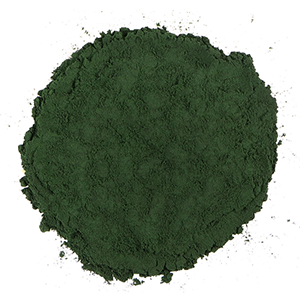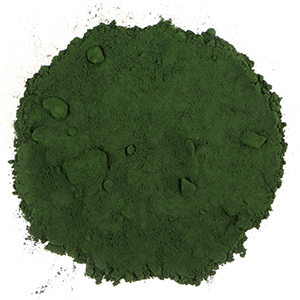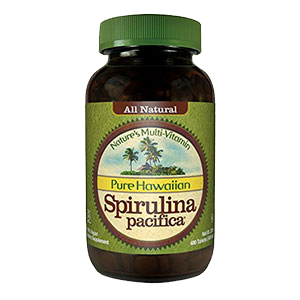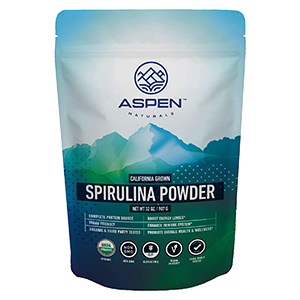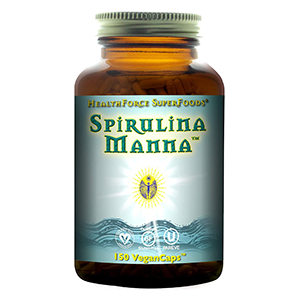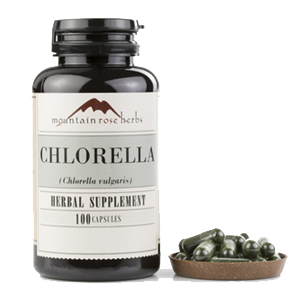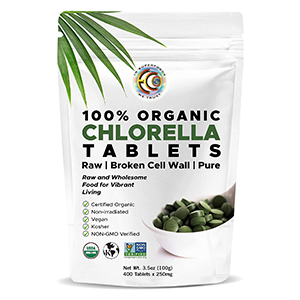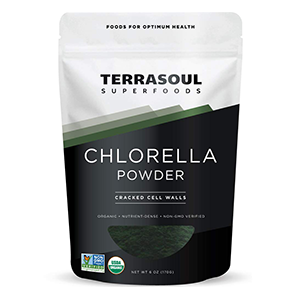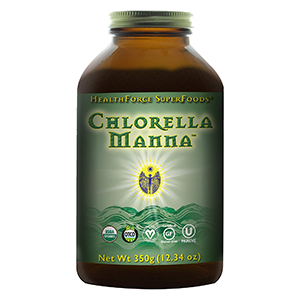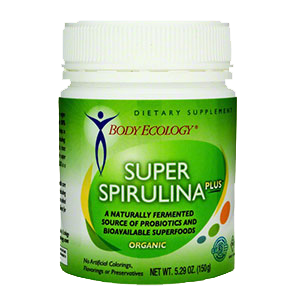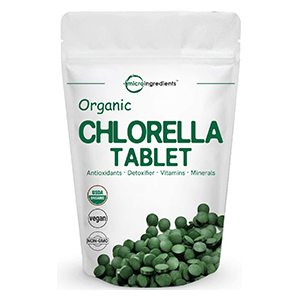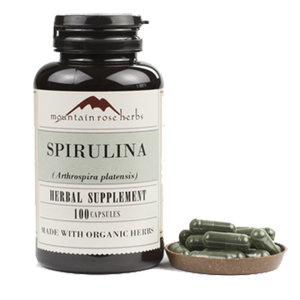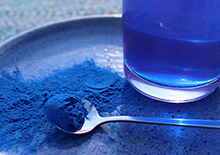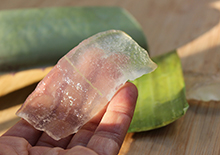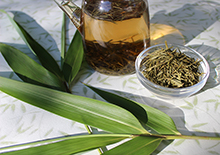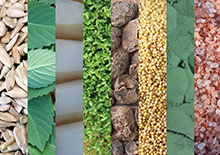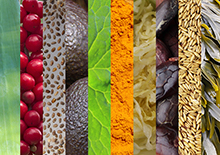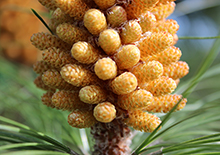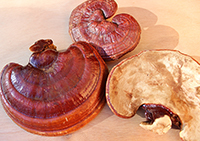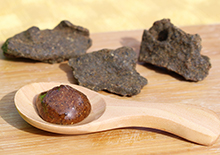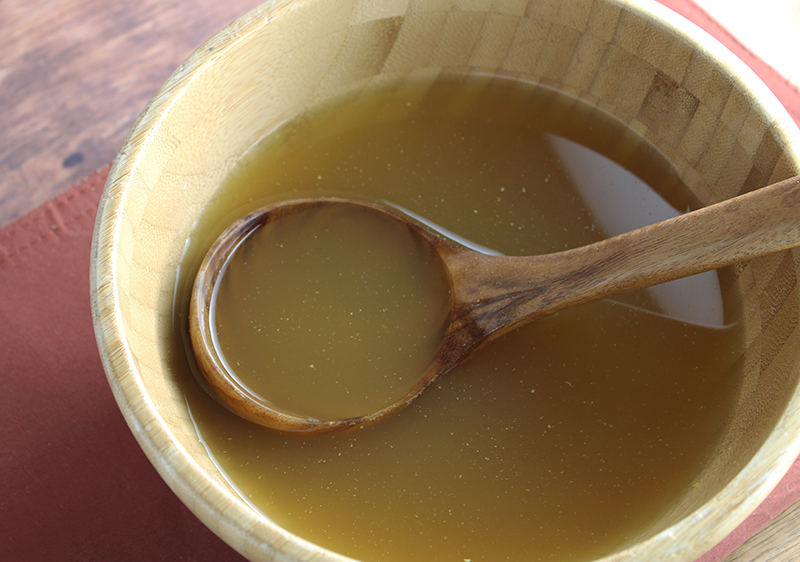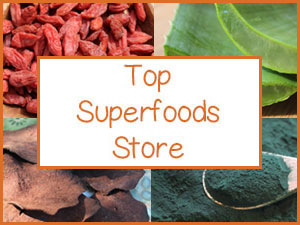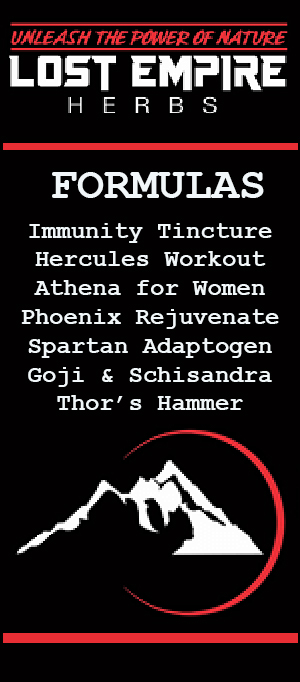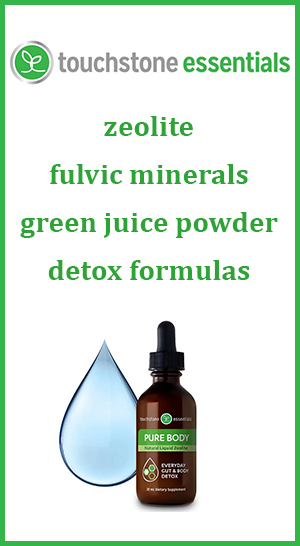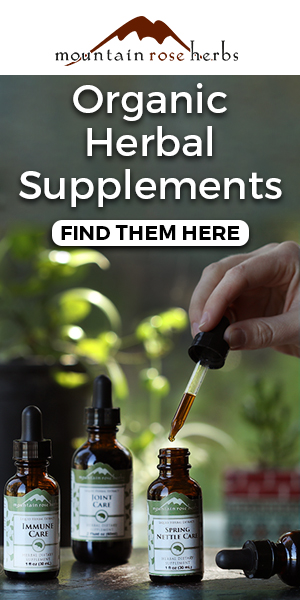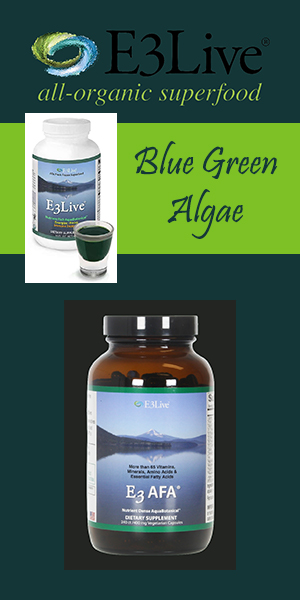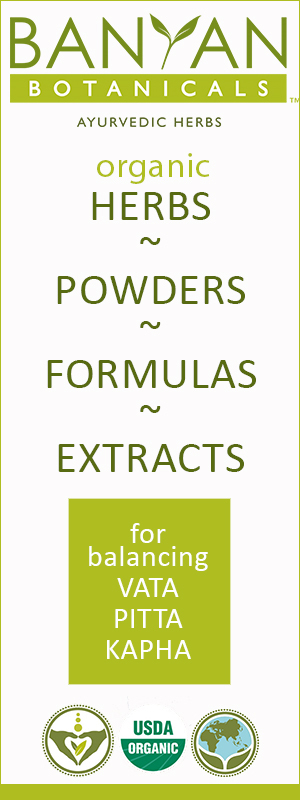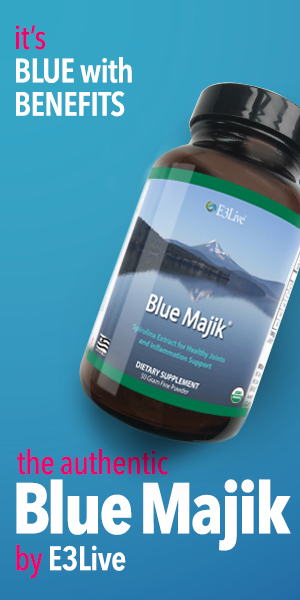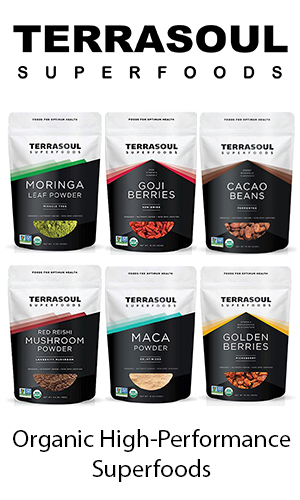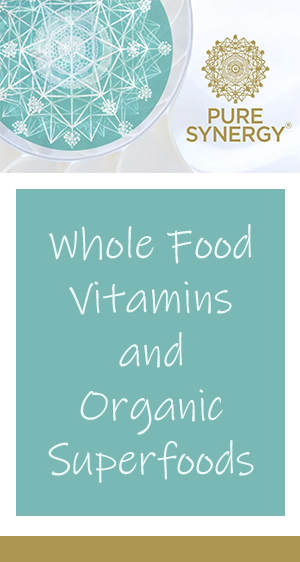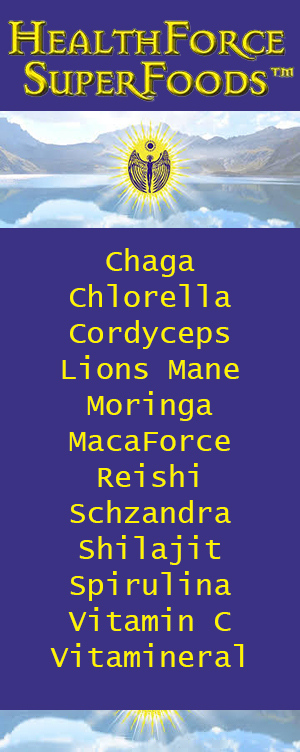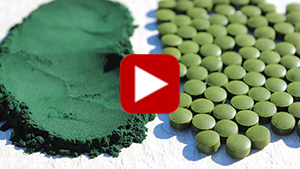- Home
- Top Superfoods
- Benefits of Spirulina and Chlorella
Benefits of Spirulina and Chlorella, Which One Should You Take?
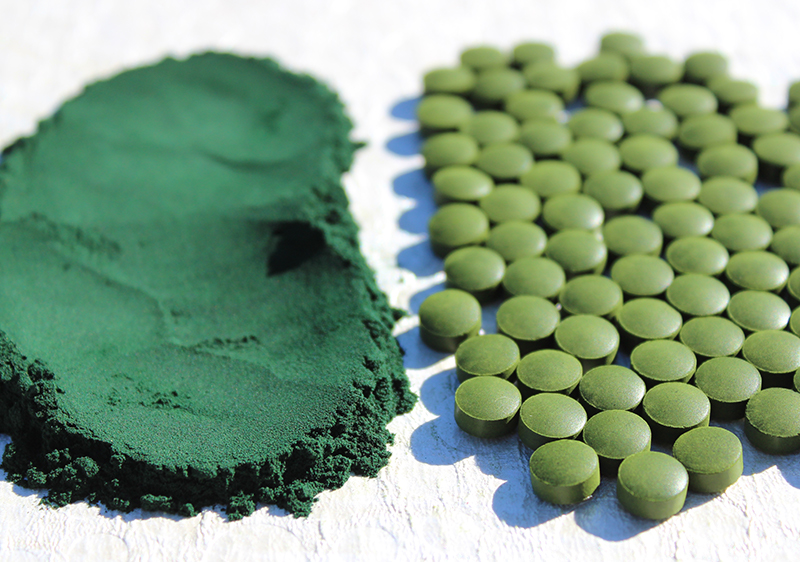
The benefits of spirulina and chlorella have been widely advertised and promoted in the last decade. Yes, both are nutritionally dense plant-based superfoods, but how are they different?
Here we will discuss the main distinctions between spirulina and chlorella so you can make the most informed decision based on your own unique health objectives.
Spirulina Vs Chlorella, Top 7 Differences
1) Green Algae Vs Cyanobacteria
2) Highest Protein Content
3) Chlorophyll Vs Phycocyanin Compounds
4) Detoxification Potentials
5) Best Nutritional Source
6) The Taste of Spirulina Vs Chlorella
7) Chlorella Vs Spirulina Cyanotoxins
1) Green Algae Vs Cyanobacteria
One of the big differences between chlorella and spirulina, from a botanical perspective, is that chlorella is a single-celled green algae with a nucleus and spirulina is a multicellular cyanobacteria with no true nucleus.
Under a microscope, spirulina has a spiral-shaped cellular structure whereas chlorella has small rounded cells.
As a green algae, chlorella and the main supplement species Chlorella vulgaris, contain chloroplasts filled with chlorophyll which gives powders and tablets their bright green color.
Spirulina, and the main species Arthrospira platensis, also contain chlorophyll but also the blue pigment called phycocyanin, hence its blue-green color.
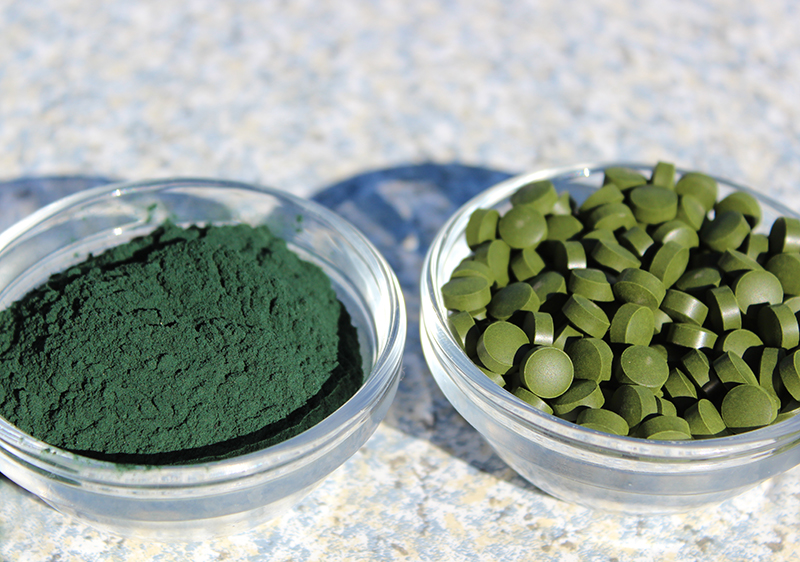
2) Highest Protein Content
There is no doubt that both spirulina and chlorella are protein-rich green powders containing all essential amino acids. However, spirulina we would say definitely wins over chlorella in this regard.
Spirulina, being one of the highest protein-rich foods in the plant kingdom, has a high PER or "Protein Efficiency Ratio" or ability to efficiently concentrate protein from sunlight.(*) When dried, it can range anywhere between 50-70% depending on the quality.
In addition, the spirulina Arthrospira species do not have cellulose walls. This aspect makes its protein content notably more digestible for human consumption.
Powders are typically used for such purposes. A serving size between one teaspoon and one tablespoon of powder, mixed into blended protein shakes or smoothies, can provide supplemental sources for those looking to increase dietary protein and/or simply eat lower on the food chain.
Cell-wall cracked chlorella is still a good source of protein, spirulina is just considered a better overall option. According to product labels of the same brand, spirulina can contain about twice the amount of protein as chlorella.
Likewise, chlorella powder is often more expensive than spirulina which makes it less attractive for use in larger amounts.
3) Chlorophyll Vs Phycocyanin Compounds
Some of the main health benefits of spirulina and chlorella come from their unique compounds, chlorophyll and phycocyanin. Both chlorophyll and phycocyanin are considered potent antioxidants and anti-inflammatory agents in the body.
CHLOROPHYLL is especially concentrated in leafy green vegetables, green juices, spirulina but chlorella is in fact one of the most condensed dietary sources.
In humans, chlorophyll-rich food sources can provide a nutritive influence by nourishing and alkalizing the bloodstream, keeping it clean and healthy. Chlorella is notably high in IRON, a red blood cell building mineral, that works with chlorophyll to help to oxygenate the blood and prevent iron-deficiency anemia.
PHYCOCYANIN is the compound common to blue-green algae like spirulina. Phycocyanin is derived from the C-Phycocyanin protein in spirulina and is one of the components studied for its neuroprotective potentials. It is also very high in the AFA blue-green algae species also grown and harvested for supplemental use.
Both spirulina and chlorella are additionally good sources of various carotenoids such as carotenes and xanthophylls.
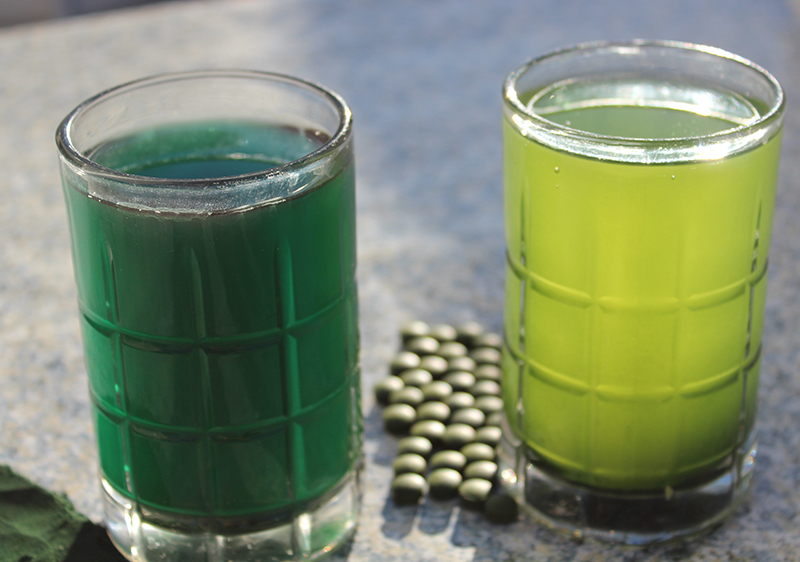
4) Detoxification Benefits of Spirulina and Chlorella
While both spirulina and chlorella, as a dietary food supplement, can support the body's detoxification processes, chlorella is the one most valued for this property.
There are several main reasons for this. One is that chlorella as we mentioned is much higher in chlorophyll, a natural toxin neutralizer (*) known for its cleansing potentials.
The second is that chlorella contains a variety of metal-binding groups that have a high attraction to certain metallic ions, a common one being the metallothioneins. (*)
Pulverized or "cracked" chlorella has been reported in research to have a chelating effect on toxins such as mercury, cadmium and radioactive strontium. Supplementation is likewise shown to help the removal of lead according to some science.
Both spirulina and chlorella contain other detox elements such as sulfur which is the precursor to glutathione. GLUTATHIONE, often called the "master antioxidant", helps to protect from the damaging effects of reactive oxygen species and toxins like heavy metals.
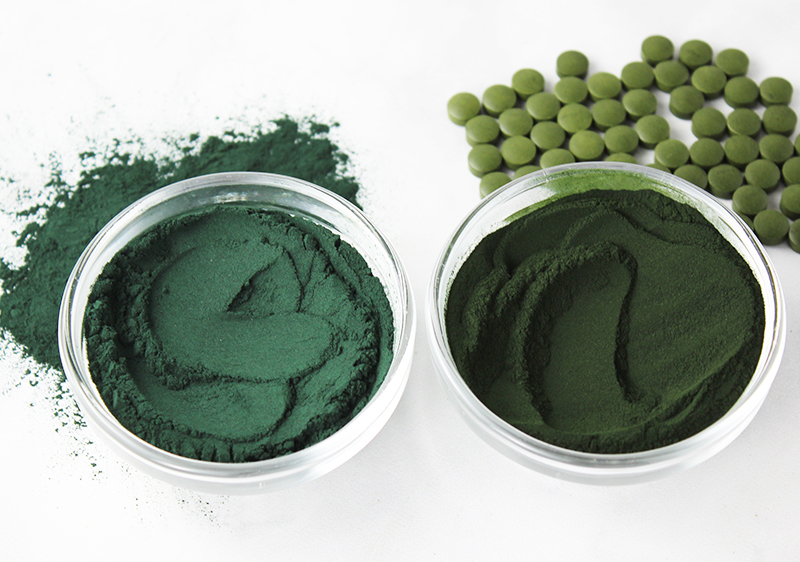
5) Best Nutritional Source
Chlorella and spirulina are very good at converting sunlight into concentrated sources of nutrients. We already mentioned protein, but each contain omega fatty acids as well as many essential vitamins and minerals.
Although chlorella does contain a variety of nutrients, if we were to choose one over the other as far as nutritional profile, that choice would definitely be spirulina.
Spirulina, and its highly bioavailable phytonutrients, have been widely researched and utilized as a sustainable supplementary food source for malnourished populations in underdeveloped countries.
It has also been studied by the NASA Controlled Ecological Life Support System (CELSS) project for its potential as a protein-rich multivitamin for space travel.
Historically, wild-sourced spirulina has been used for its high nutritive properties by ancient cultures surrounding Lake Texcoco (now present-day Mexico City) as well as those located near Lake Chad bordering West and Central Africa.
Chlorella on the other hand is a fairly new food supplement, only just discovered in 1890 by microbiologist Dr. Beijerinck. Unlike spirulina, it must be mechanically pulverized, also called "broken" or "cracked" to enhance its nutrient absorption rate.
6) Taste Comparison of Spirulina and Chlorella
Most people find that spirulina, as far as microalgae go, has a superior taste over chlorella. We also agree. Spirulina has a subtly sweet nutty taste, one of the reasons it's often used as a green powder rather than a tablet like chlorella.
We remember way back when chlorella first became popular, you could actually never find it as a bulk powder, only as tablets.
Chlorella is often described to have a "green" and slight seafood-like flavor. Taste features, however, are also sometimes contingent on the quality of the product you're using.
Both are widely available online or in most health food stores and provide a convenient-to-take green superfood powder that can support overall health and well-being.
Again, either spirulina or chlorella can be taken in supplement form rather than used in water or added to drinks or recipes if you don’t prefer their taste.
7) Chlorella Vs Spirulina Cyanotoxins
One big difference between spirulina and chlorella is that chlorella is never a source of possible cyanotoxins such as microcystin and BMAA. These are substances that can cause neurological and liver damage with long-term use.
Known to be produced from specific cyanobacteria in their blooming stage, they are especially prevalent in wild-growing blue-green algae species. This is often not a concern with spirulina because it is usually grown in a controlled outdoor environment, not a wild one.
While chlorella is a safer choice when it comes to microcystin and BMAA, it is important to realize that most quality suppliers of all blue-green algae products offer either organic powders which are naturally free of these toxins OR they provide certified testing to ensure purity.
The major point here is: don't buy low-quality cheap spirulina imports. This is also true for chlorella which can be exposed to industrial pollutants and microbial impurities.
Precautions:
Consult a health professional before using spirulina or chlorella if you are pregnant or nursing. Excessive amounts or sudden large doses may cause constipation and/or promote detox reactions like nausea and headaches. Seek the advice of your physician before intake if you have a serious medical condition or are taking any medications.
Shop Related Products (About Affiliates & Amazon Associate Paid Links)
Affiliate Disclaimer: This section contains affiliate product links. If you make a purchase through our recommended links, we receive a small commission at no additional cost to you. Thanks for the support.

